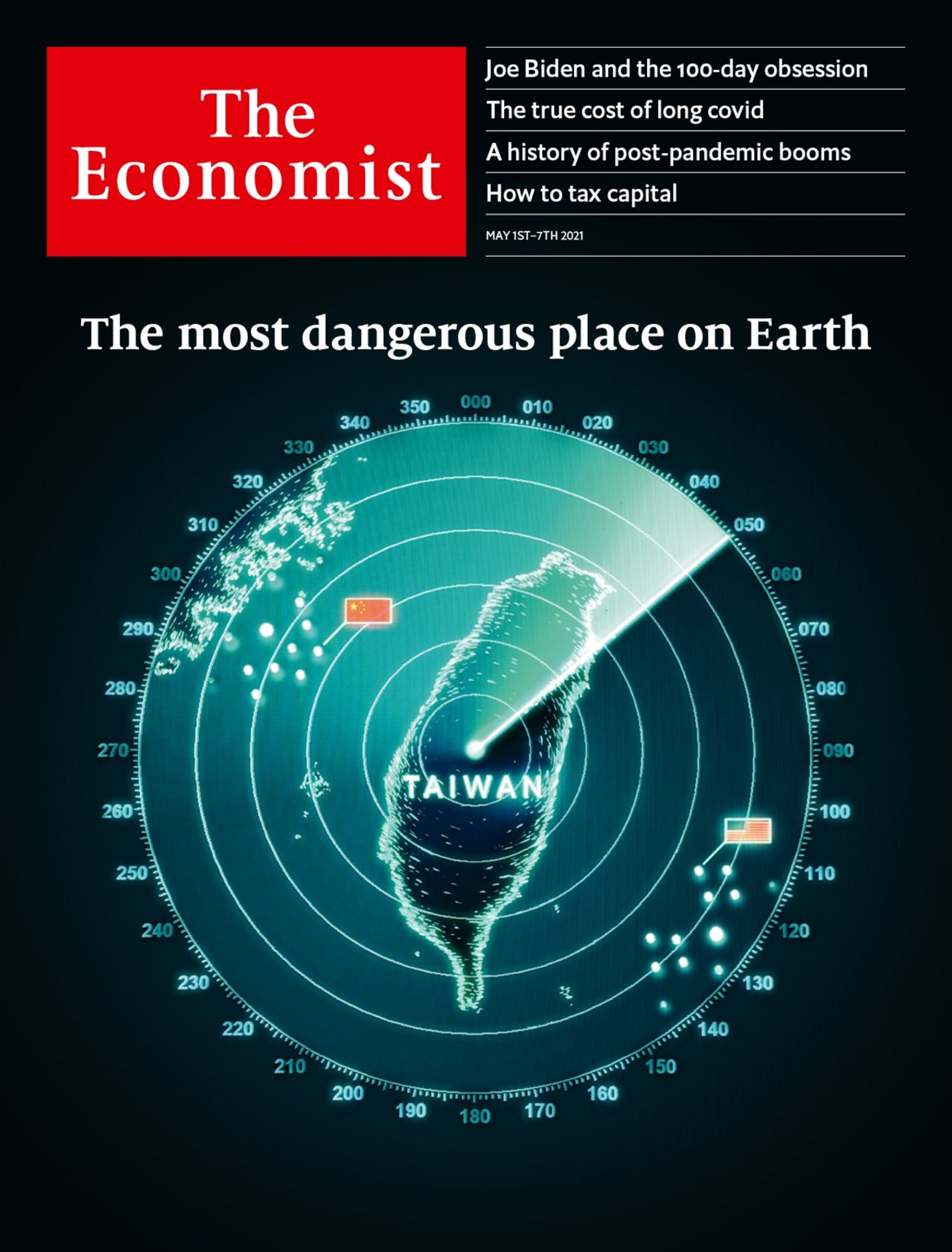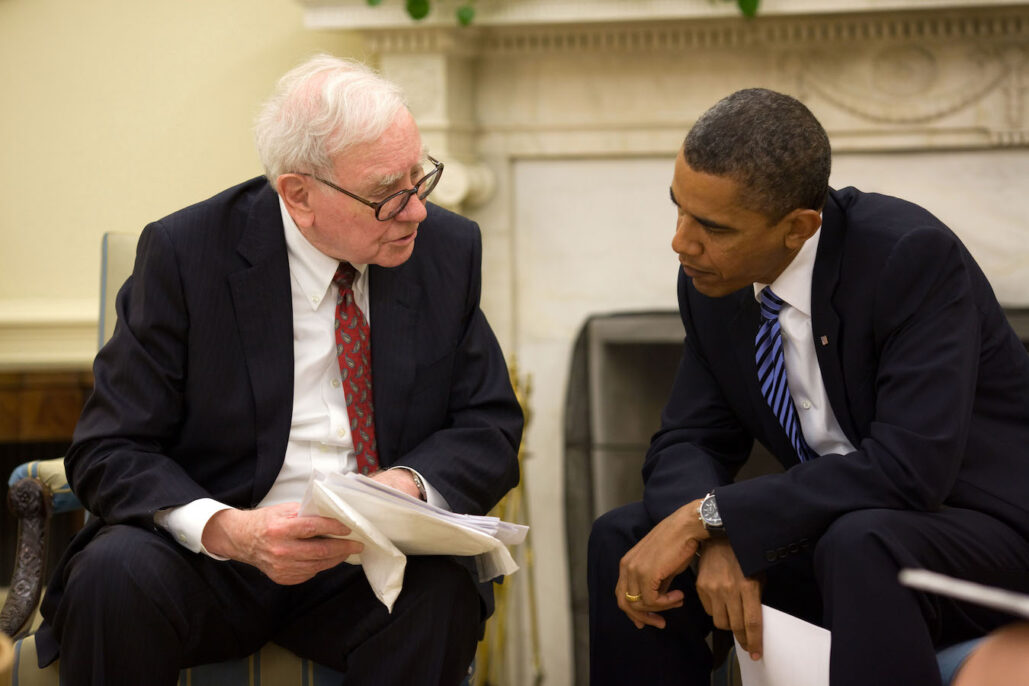by Brian Hioe
語言:
English
Photo Credit: Pete Souza/Public Domain
IN COMMENTS last month, famed investor Warren Buffett justified his sale of 4 billion USD worth of stocks in TSMC on the basis of the geopolitical risk faced by the semiconductor manufacturing giant. While Buffett rather diplomatically praised the company’s management, as well as how it was run, Buffett stated that it was geopolitical risks that made him decide to sell stocks in TSMC. In particular, Buffett stated that he would rather own stocks in Japan or closer to home in the US.
Following Buffett’s sell-off, the Taiwanese government has stated that it will do more to improve Taiwan’s image, to reassure investors that Taiwan is not on the verge of war with China. Nevertheless, what Buffett’s comments gesture toward is how multinational companies, as well as the world’s wealthy and powerful, are increasingly cautious of Taiwan because of the view that war could break out over Taiwan at any time. Multinational companies, for example, are seeking evacuation plans from Taiwan in the event of war.
Certainly, this is part of what is accelerating countries to try and build semiconductor facilities of their own, so that production of the world’s semiconductors is not so concentrated in Taiwan. Other companies competing with TSMC, such as Samsung or Intel, are seeking to take advantage of this fact.
Indeed, it does make sense within the framework of capitalist rationality to avoid over-dependency on any single choke point, such as Taiwan currently poses for global semiconductor manufacturing. However, perhaps one should not give undue weight to views of capitalists on geopolitics. China is not about to attack Taiwan tomorrow unless it risks catastrophic economic cataclysm and tens of thousands, perhaps even hundreds of thousands of casualties in a manner that threatens the ability of the CCP to maintain control. This is a long-term and perhaps even medium-term, but necessarily immediate threat.

The Economist’s “Most Dangerous Place on Earth” cover
Yet statements such as Buffett’s do stand to influence Taiwan geopolitically, in that this increases the perception that Taiwan is on the verge of war with China. But views such as Buffett’s are informed by the hyperbolic international media reporting about Taiwan that prevail in international media at present, such as The Economist terming Taiwan “the most dangerous place on earth” in the now-infamous title of an article in May 2021.
Ultimately, hyperbolic reporting on the odds of war over Taiwan in the immediate future has real-world effects. In fact, in the way that discourse does not merely reflect social and political reality, but creates it, the danger of such reporting is that this contributes to the odds of war breaking out over Taiwan, when political and economic factors prepare for war as an inevitability in a way that, in fact, raises the odds of it taking place.
This is the danger of tense discussion of Taiwan’s future, then–that it becomes a self-fulfilling prophecy. Namely, while life goes on in Taiwan as usual, and Taiwanese–those directly in the line of fire in the event of war–know very well that war will not break out over Taiwan in immediate future, hyperbolic discussion over Taiwan is what occurs when Taiwanese perspectives are not heeded in international media discourse and political or economic assessments over Taiwan.



